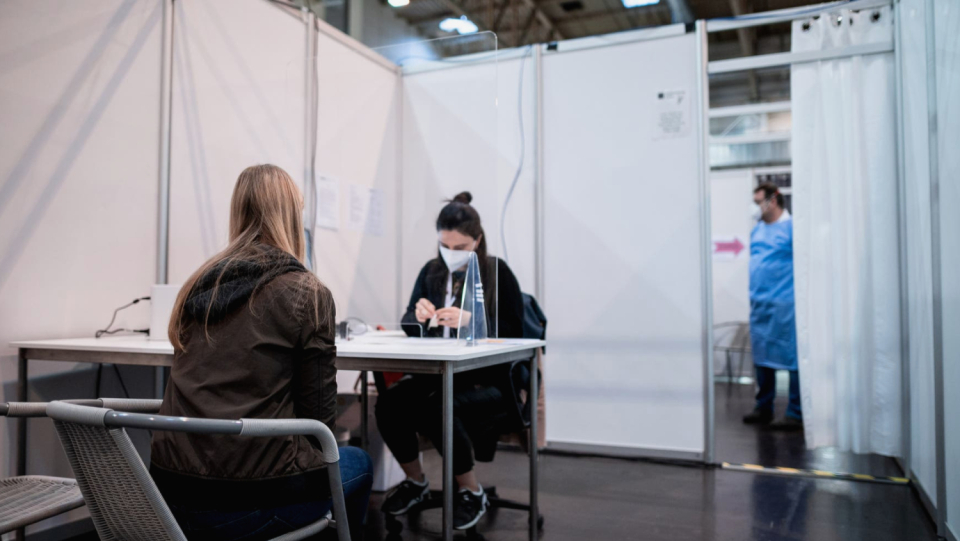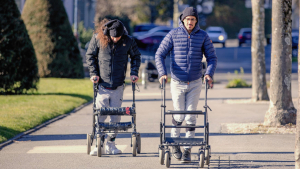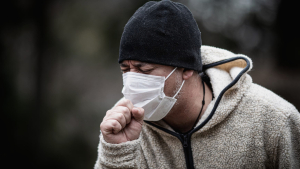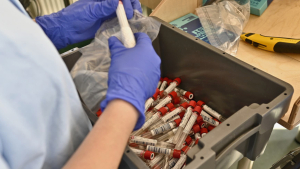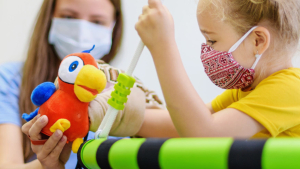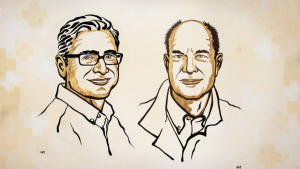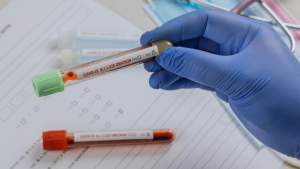The constant vaccination commission (STIKO) recommends refreshing vaccinations because of the omicron variant of the Coronavirus after at least three instead of six months. The committee to the shortened vaccination distance now applies to adults, the committee announced on Tuesday. They aim at improved protection against severe diseases caused by omikron and to reduce the variant. It can be expected that Omikron will determine the infection here in the country "within a very short time".
According to STIKO, older and pre-sick people should receive the injection preferentially because of their higher Covid-19 risk. The two mRNA vaccines used for boostering – Biontech/Pfizer's Comirnaty and Moderna's Spikevax – are "completely equivalent in efficacy."
Current data indicated a significantly reduced vaccination protection after the basic immunization towards the omicron variant, explained the STIKO. This decreases significantly after three to four months. After a refresh vaccination, however, the protective effect against symptomatic infection with the omicron variant increases significantly. It can currently be assumed that protection against severe courses will also increase. Nothing can be said about the duration of the protection.
This recommendation to use STIKO boosters is final.
So far, the STIKO had recommended that refreshing vaccination should usually be made every six months of the last vaccine dose of basic immunization. A shortening of the vaccination ratio to five months could "be considered in individual cases or if there are enough capacities". An even shorter distance between the second and the third dose was possible for immunogue guards. In contrast to some previous updates, the change from Tuesday is already a final stiko recommendation.
The European Medicines Agency (EMA) recently announced that booster vaccinations can take place after just three months. Biontech founder Ugur Sahin had also spoken out in favour of an earlier third vaccination because of Omikron. In the state of Berlin, the vaccination interval shortened to three months had already been announced on Monday with regard to an expected STIKO recommendation. The RKI estimates the risk for twice vaccinated and recovered since Monday because of Omikron as high. For the unvaccinated, it remains very high. For people with booster vaccination, the Institute spoke of moderate risk. Scientists have also documented Omicron infections in people who had already received a booster vaccination.
Experts emphasized that boosters alone should not be sufficient against the heavily mutated omikron variant. "A massive expansion of the booster campaign can slow down the dynamics and thus reduce the extent, but do not prevent it," it said, for example, in a statement by the new expert council of the Federal Government, which STIKO boss Thomas Mertens also belongs. According to mathematical models, an overload of the health system and the restriction of the critical infrastructure can only be "contained together with strong contact reductions". The Robert Koch Institute was similar on Tuesday.
Immunologists, on the other hand, had judged the booster in immune-healthy people after an even shorter time, about four weeks, to be of little use. The booster then works much worse because certain immunological processes have not yet been completed (asw).







